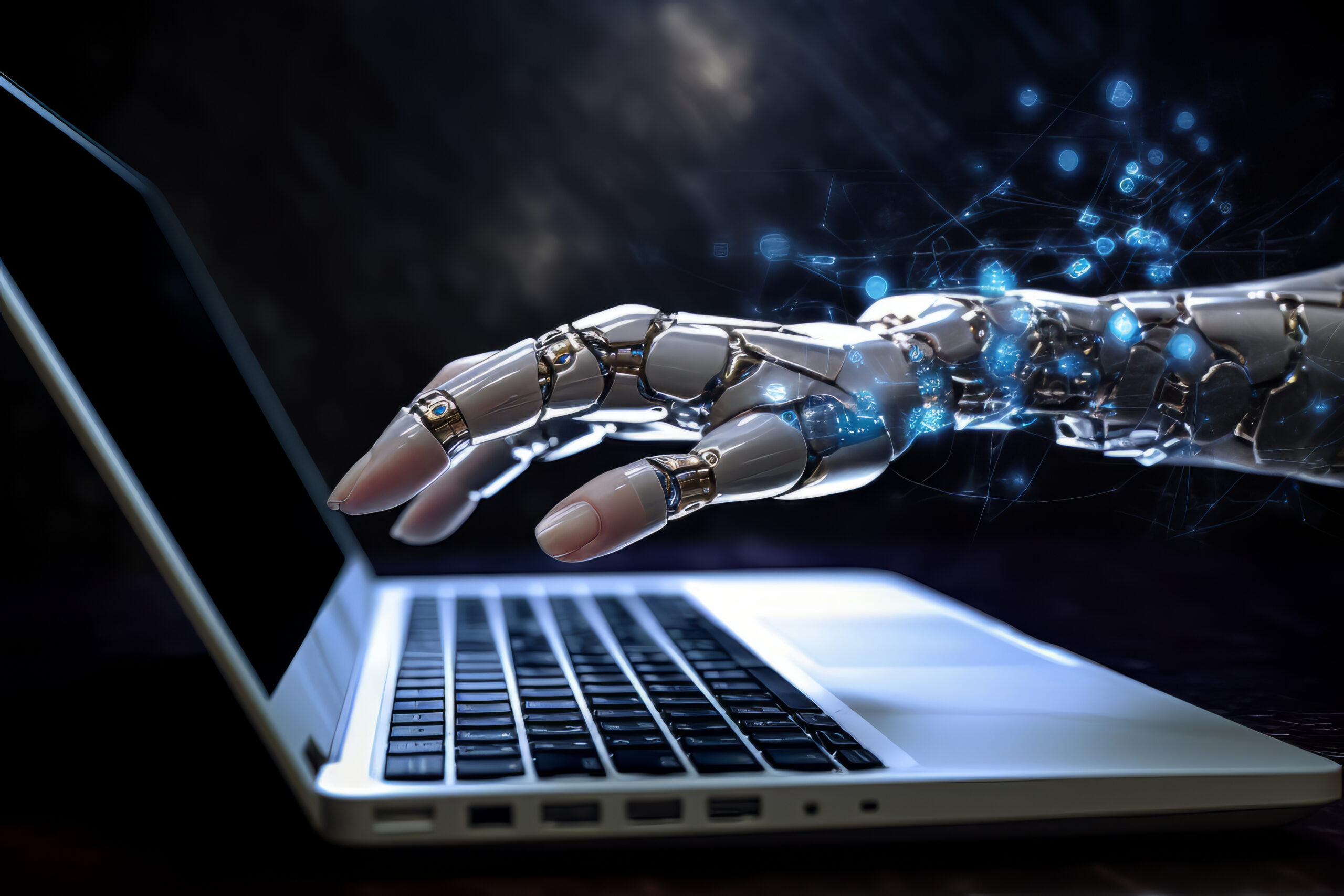Introduction: Artificial intelligence (AI) is rapidly transforming the workplace, redefining job roles, and creating new opportunities for innovation and efficiency. As AI technologies continue to advance, they are not only automating routine tasks but also enhancing decision-making, improving productivity, and driving business growth. However, the rise of AI also presents challenges, particularly in terms of workforce displacement and the need for new skills. Understanding the role of AI in shaping the future of work is essential for organizations looking to stay competitive in a rapidly changing business environment.
AI and Workforce Automation: One of the most significant impacts of AI on the workplace is the automation of routine and repetitive tasks. AI-powered systems can perform tasks such as data entry, scheduling, and customer service more quickly and accurately than humans. This automation allows employees to focus on higher-value activities that require creativity, critical thinking, and emotional intelligence. For example, AI chatbots can handle routine customer inquiries, freeing up human agents to address more complex issues that require a personal touch.
Enhancing Decision-Making with AI: AI is not just about automation; it’s also about augmentation. AI systems can analyze vast amounts of data to provide insights and recommendations that enhance human decision-making. In fields such as finance, healthcare, and marketing, AI algorithms are helping professionals make more informed decisions by identifying patterns, predicting outcomes, and suggesting optimal strategies. For instance, in healthcare, AI is being used to analyze medical records and recommend personalized treatment plans based on a patient’s unique health profile.
The Need for New Skills in the AI-Driven Workplace: As AI becomes more integrated into the workplace, the demand for new skills is growing. Employees will need to develop technical skills, such as coding and data analysis, as well as soft skills, such as adaptability, problem-solving, and emotional intelligence. Companies must invest in reskilling and upskilling programs to prepare their workforce for the AI-driven future. This includes offering training in AI tools and technologies, as well as fostering a culture of continuous learning and innovation.
The Ethical Implications of AI in the Workplace: The rise of AI also raises important ethical considerations, particularly regarding privacy, bias, and accountability. AI systems are only as good as the data they are trained on, and if that data is biased, the AI’s decisions may also be biased. For example, AI algorithms used in hiring processes have been found to perpetuate gender and racial biases present in historical hiring data. To address these challenges, organizations must implement ethical AI practices, including transparent decision-making processes, regular audits of AI systems, and the inclusion of diverse perspectives in AI development.




